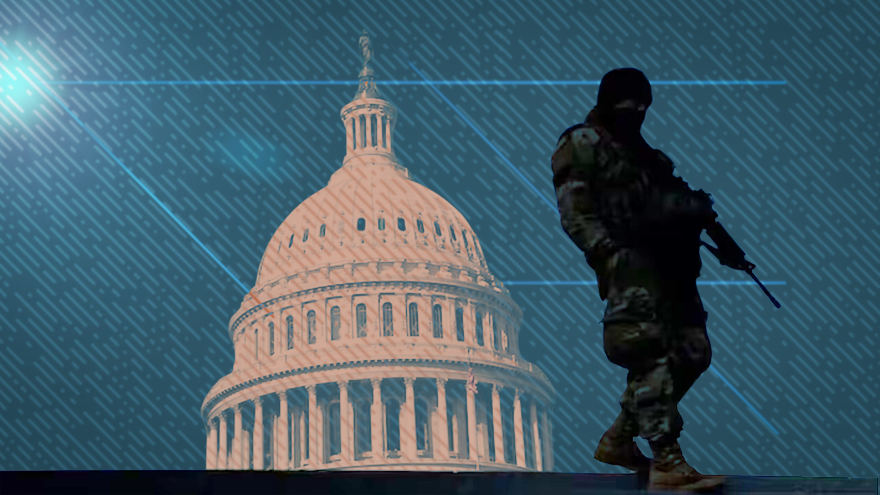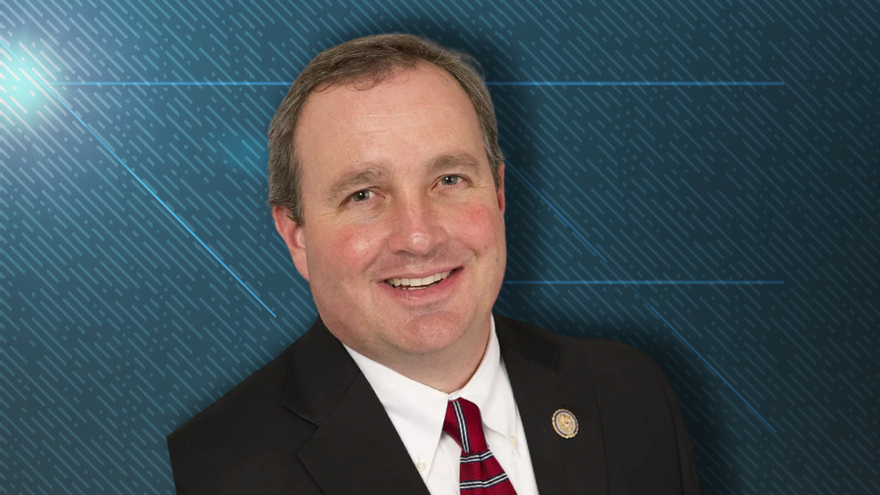Last year, the USCP’s Threat Assessment Section investigated 8,008 cases, an increase of 507 from the year prior. That number includes investigations into both direct threats and statements. Congressional members of both political parties have received a “wide range of threats,” which have been sent through mail, email, social media, and by telephone. The USCP said in a statement that individuals making threats to lawmakers have a false sense of anonymity online, which has resulted in more investigations over the years. “I am proud of our agents who are working around the clock and across the nation to keep up with a significant caseload to protect the Members of Congress and the Capitol Complex,” said U.S. Capitol Police Chief Tom Manger. “We continue to improve and enhance our investigative and protective responsibilities by focusing on security both here on Capitol Hill and in Member’s home districts.” Over the past five years, the numbers of cases have been:The number of threats to congressional officials rose in 2023, according to a new report from the U.S. Capitol Police (USCP).
The latest data comes during a time when political violence in the U.S. is at the highest level it's been since the 1970s.
USCP says that decreasing violent political rhetoric is one of the best ways to decrease the number of threats lawmakers receive. While the numbers of threats have risen, so too have prosecutions. Last year, there were a record high number of federal prosecutions for making threats against politicians, election officials, and the FBI. The USCP says they anticipate a significant number of investigations this year as the 2024 election season heats up. “With the political conventions, Member campaigns, and many issues being debated on Capitol Hill, this is going to be a very busy year for our special agents,” said USCP Assistant Chief of Protective and Intelligence Operations Ashan M. Benedict. “Our team is dedicated to putting all of our resources into protecting the Congress while we continue to grow in order to keep up with our expanding mission.” The agency also says it has upgraded its infrastructure to improve intelligence, planning, communication, training, staffing, and equipment, allowing special agents to work around the clock to prevent potential attacks against lawmakers.

